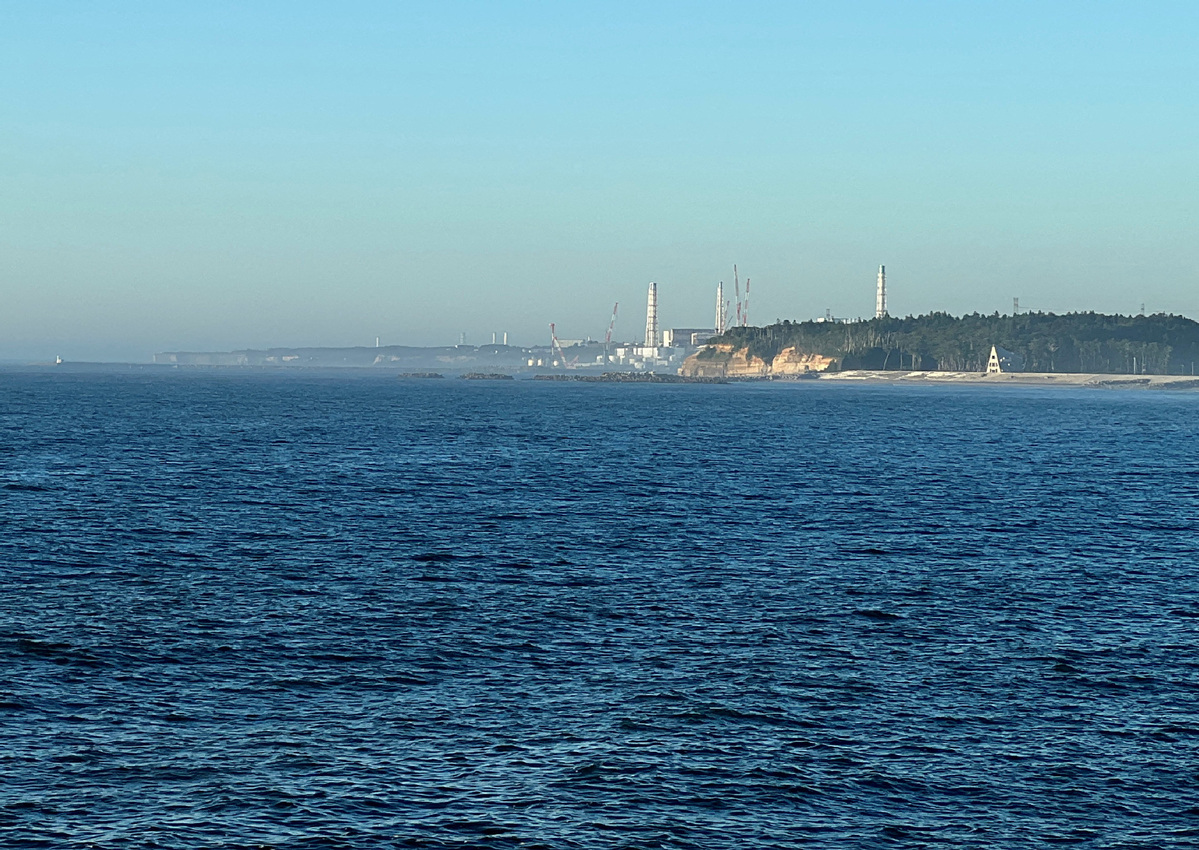Japan halts ocean discharge of nuclear contaminated water from Fukushima due to power glitch: local media
Xinhua | Updated: 2024-04-24 15:32

TOKYO - The ocean discharge of nuclear-contaminated wastewater from Japan's crippled Fukushima Daiichi Nuclear Power Plant was halted before Wednesday noon due to a power outage, local media reported.
The power outage occurred at around 10:43 a.m. local time as a power cable at the Daiichi plant was damaged during excavation work, national news agency Kyodo reported on Wednesday, citing Tokyo Electric Power Company Holdings (TEPCO), the plant's operator.
TEPCO claimed that the system to cool reactors and spent fuel pools was not affected by the power cutoff and remained operational.
The release suspension for the so-called "treated water" was announced after a team of experts from the International Atomic Energy Agency (IAEA) started their visit to Japan on Tuesday for a second-time safety review of the ocean discharge operation that was launched in August last year.
Hit by a 9.0-magnitude earthquake and an ensuing tsunami on March 11, 2011, the Fukushima nuclear plant suffered core meltdowns that released radiation, resulting in a level-7 nuclear accident, the highest on the International Nuclear and Radiological Event Scale.
The plant has been generating a massive amount of water tainted with radioactive substances from cooling down the nuclear fuel in the reactor buildings. The contaminated water is now being stored in tanks at the nuclear plant.
Despite furious opposition both at home and abroad, the ocean discharge of the Fukushima nuclear-contaminated water began in August 2023, and a total of about 31,200 tons of the water was released in four rounds in fiscal year 2023 through March.
The release of the fifth batch of water began last Friday. In fiscal 2024, TEPCO plans to discharge a total of 54,600 tons of the contaminated water in seven rounds, which contains approximately 14 trillion becquerels of tritium.
Amid raging credibility and safety concerns among the Japanese public following a series of accidents at the crippled plant, TEPCO and the Japanese government have been frequently challenged for the ocean discharge as the decommissioning process remains ambiguous.
























